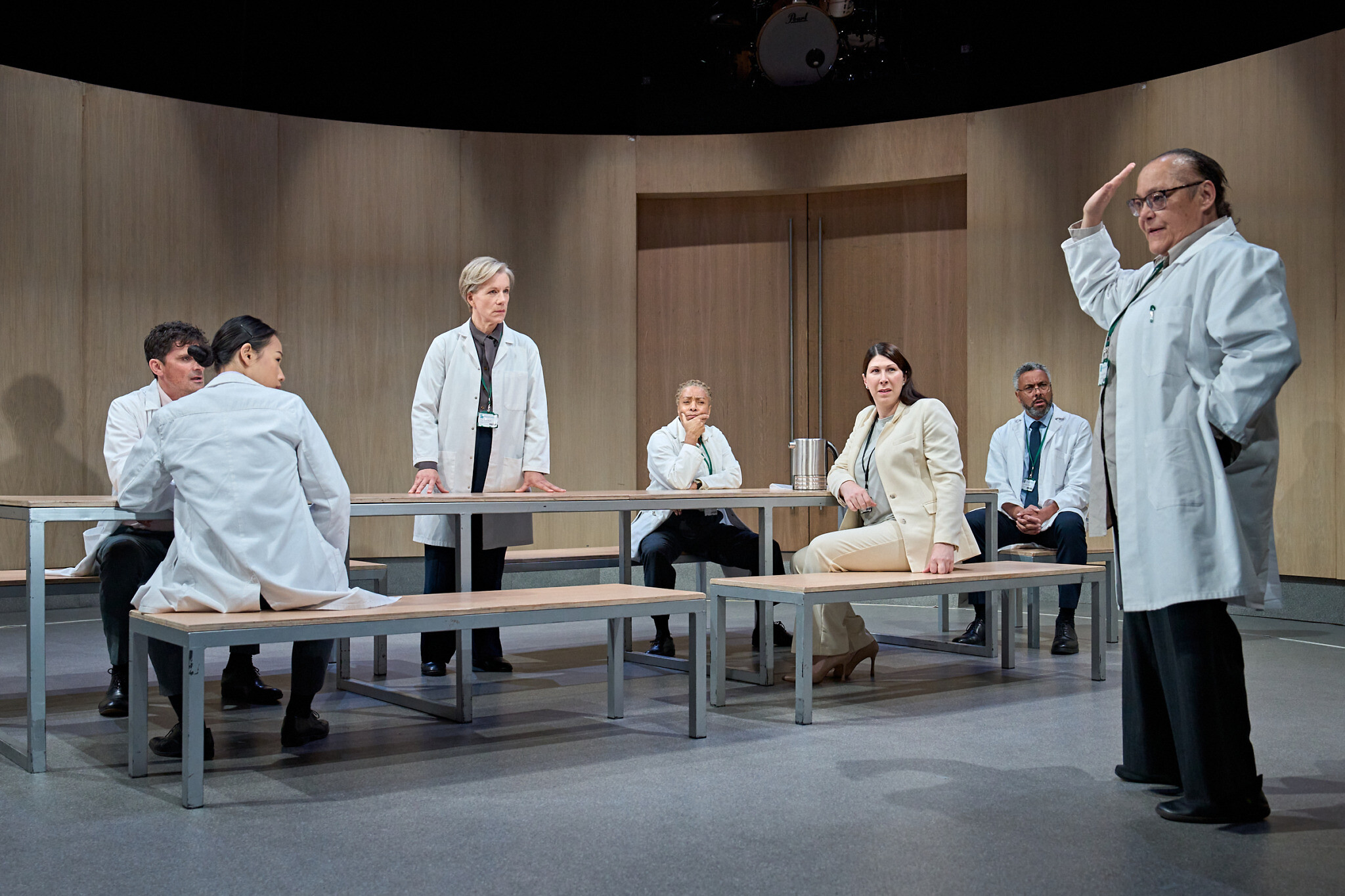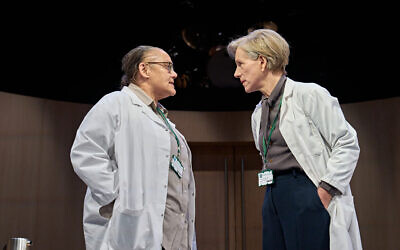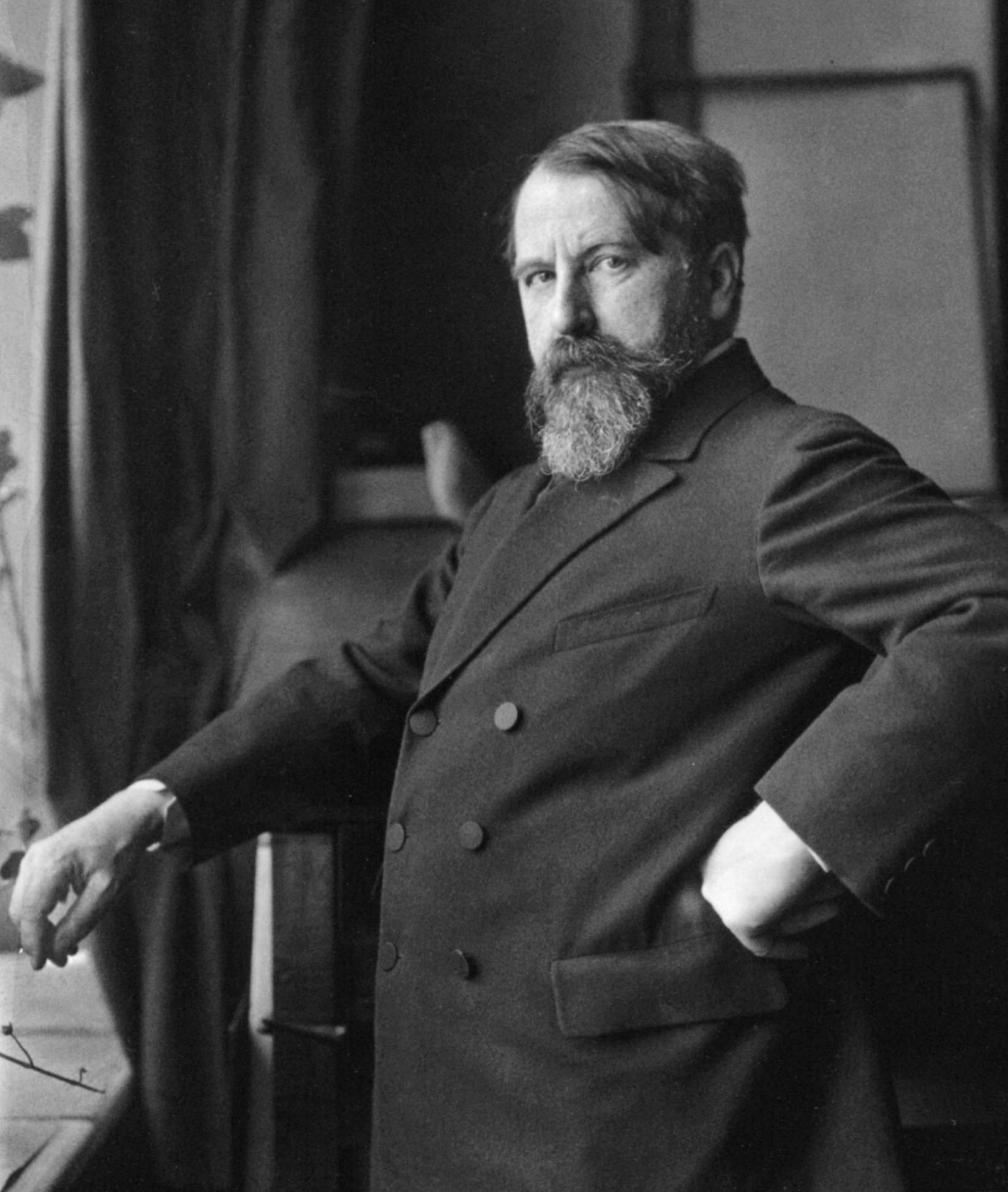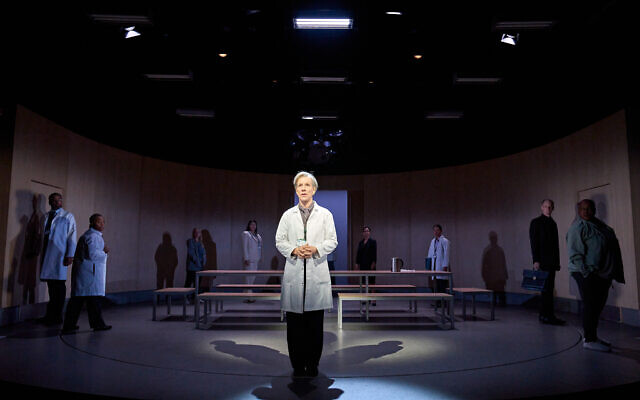Juliet Stevenson is outstanding as the Jewish doctor ‘cancelled’ by her colleagues
This powerful adaptation of an Arthur Schnitzler play examines racism and personal morality
Shouting matches between medical professionals and clergy are thankfully rare, but the noisy clashes that take place on stage in The Doctor, the contemporary hospital drama that has now transferred to the West End, feel all too plausible in an age of social media bullying and cancel culture this contemporary hospital drama feel all too plausible in an age of social media bullying and cancel culture.
Professor Ruth Wolff, the founder and director of the Elizabeth Institute, takes an instinctive decision to refuse to allow a visiting Catholic priest to give the last rites to a 14-year-old girl in her care who is dying from sepsis after a self-induced abortion. The doctor’s view is that the girl does not know she is dying, and the presence of the priest will frighten her by making her aware of what is to come.
At first the priest is alone in his absolute fury, but gradually the Jewish doctor’s Catholic colleagues turn against her, and turn a professional row into a personal one, which is seen to grow, steadily and unstoppably, from the antisemitism that is one of the main themes of this play.
 Robert Icke, who wrote this adaptation of Professor Bernhardi, completed in 1912 by the Jewish Austrian doctor-writer Arthur Schnitzler, has preserved the anti-Jewish poison which is that play’s main theme, and deftly shown how it can grow and morph. “You’ve murdered my little girl and I will exact that pound of flesh,” the priest (played with appropriate menace by John Mackay) tells Wolff.
Robert Icke, who wrote this adaptation of Professor Bernhardi, completed in 1912 by the Jewish Austrian doctor-writer Arthur Schnitzler, has preserved the anti-Jewish poison which is that play’s main theme, and deftly shown how it can grow and morph. “You’ve murdered my little girl and I will exact that pound of flesh,” the priest (played with appropriate menace by John Mackay) tells Wolff.
Icke, who also directs, embraces the ‘comedy’ label Schnitzler applied to his play. When Charlie, the often-sarcastic doctor’s partner, quotes Oscar Wilde on wit to her, she scathingly responds: “Karaoke is the lowest form of wit.” And as outrage against Dr Wolff takes hold, and an online petition takes off, she enters diagnostic mode, announcing conclusively: “I am trending.”
 Juliet Stevenson, who debuted the title role three years ago at the Almeida, from where this production has transferred, gives a truly outstanding performance as Wolff, the capable, committed and conscientious professional, “born to Jewish parents” but not a subscriber to religion, as she puts it.
Juliet Stevenson, who debuted the title role three years ago at the Almeida, from where this production has transferred, gives a truly outstanding performance as Wolff, the capable, committed and conscientious professional, “born to Jewish parents” but not a subscriber to religion, as she puts it.
The cross-gender and cross-ethnic casting among several of the supporting characters mirrors the surprises and confusion the rise of identity politics brings. And as the misguided and over-zealous protagonists become polarised in their own thoughts, the disorientation and unreality are felt by the audience as the stage begins slowly to rotate.
This powerful play is a stark and troubling reminder of how groupthink can upend the work of a vital institution, run on democratic principles, but also, in the final scene between Wolff and the priest, how the calm voices of honesty and humanity can prevail.
The Doctor is at the Duke of York’s Theatre until 11 December. thedukeofyorks.com
Schnitzler’s Jewish protagonists
Arthur Schnitzler play’s Professor Bernhardi, from which The Doctor is adapted, is unusual in being free of the erotic or sexual themes that characterise most of his output.
The best-known works by the Viennese author and dramatist are probably his provocative 1897 play Reigen (La Ronde) and his indecent proposal novella Fräulein Else. Both still manage to shock.
In Fräulein Else, the nineteen-year-old protagonist, who is staying at a fashionable spa with her aunt, receives a letter from her mother begging her to save her father from debtor’s jail by asking a wealthy family friend to lend them 30,000 guilders (later increased to 50,000). Through the young woman’s stream of consciousness, her moral struggle emerges after the lecherous friend agrees to lend the money – but only if Elsa undresses for him.

Fräulein Else has been adapted three times for the big screen, first in a 1929 German silent film and most recently in 2014, by Austrian film-maker Anna Martinetz.
What Else and Professor Bernhardi have in common is that they are two of the few identifiably Jewish protagonists in Schnitzler’s work. And Bernhardi is the only one of his works to take as its main theme the antisemitism that was beginning to pervade life and politics in Austria at the time he was writing, something he had previously explored in his 1908 novel Der Weg ins Freie (The Way into the Open), the story of an unhappy love affair. Schnitzler, who had a career as a doctor before turning to writing, would have experienced the rising tide of antisemitism around him.
The Austrian might be said to have something in common with the American film director Woody Allen, who in 1975 starred with Diane Keaton in his satiric comedy Love and Death. Schnitzler, asked what he thought about the critical view that his works all seemed to treat the same subjects, replied – “I write of love and death. What other subjects are there?”

Thank you for helping to make Jewish News the leading source of news and opinion for the UK Jewish community. Today we're asking for your invaluable help to continue putting our community first in everything we do.
For as little as £5 a month you can help sustain the vital work we do in celebrating and standing up for Jewish life in Britain.
Jewish News holds our community together and keeps us connected. Like a synagogue, it’s where people turn to feel part of something bigger. It also proudly shows the rest of Britain the vibrancy and rich culture of modern Jewish life.
You can make a quick and easy one-off or monthly contribution of £5, £10, £20 or any other sum you’re comfortable with.
100% of your donation will help us continue celebrating our community, in all its dynamic diversity...
Engaging
Being a community platform means so much more than producing a newspaper and website. One of our proudest roles is media partnering with our invaluable charities to amplify the outstanding work they do to help us all.
Celebrating
There’s no shortage of oys in the world but Jewish News takes every opportunity to celebrate the joys too, through projects like Night of Heroes, 40 Under 40 and other compelling countdowns that make the community kvell with pride.
Pioneering
In the first collaboration between media outlets from different faiths, Jewish News worked with British Muslim TV and Church Times to produce a list of young activists leading the way on interfaith understanding.
Campaigning
Royal Mail issued a stamp honouring Holocaust hero Sir Nicholas Winton after a Jewish News campaign attracted more than 100,000 backers. Jewish Newsalso produces special editions of the paper highlighting pressing issues including mental health and Holocaust remembrance.
Easy access
In an age when news is readily accessible, Jewish News provides high-quality content free online and offline, removing any financial barriers to connecting people.
Voice of our community to wider society
The Jewish News team regularly appears on TV, radio and on the pages of the national press to comment on stories about the Jewish community. Easy access to the paper on the streets of London also means Jewish News provides an invaluable window into the community for the country at large.
We hope you agree all this is worth preserving.






















